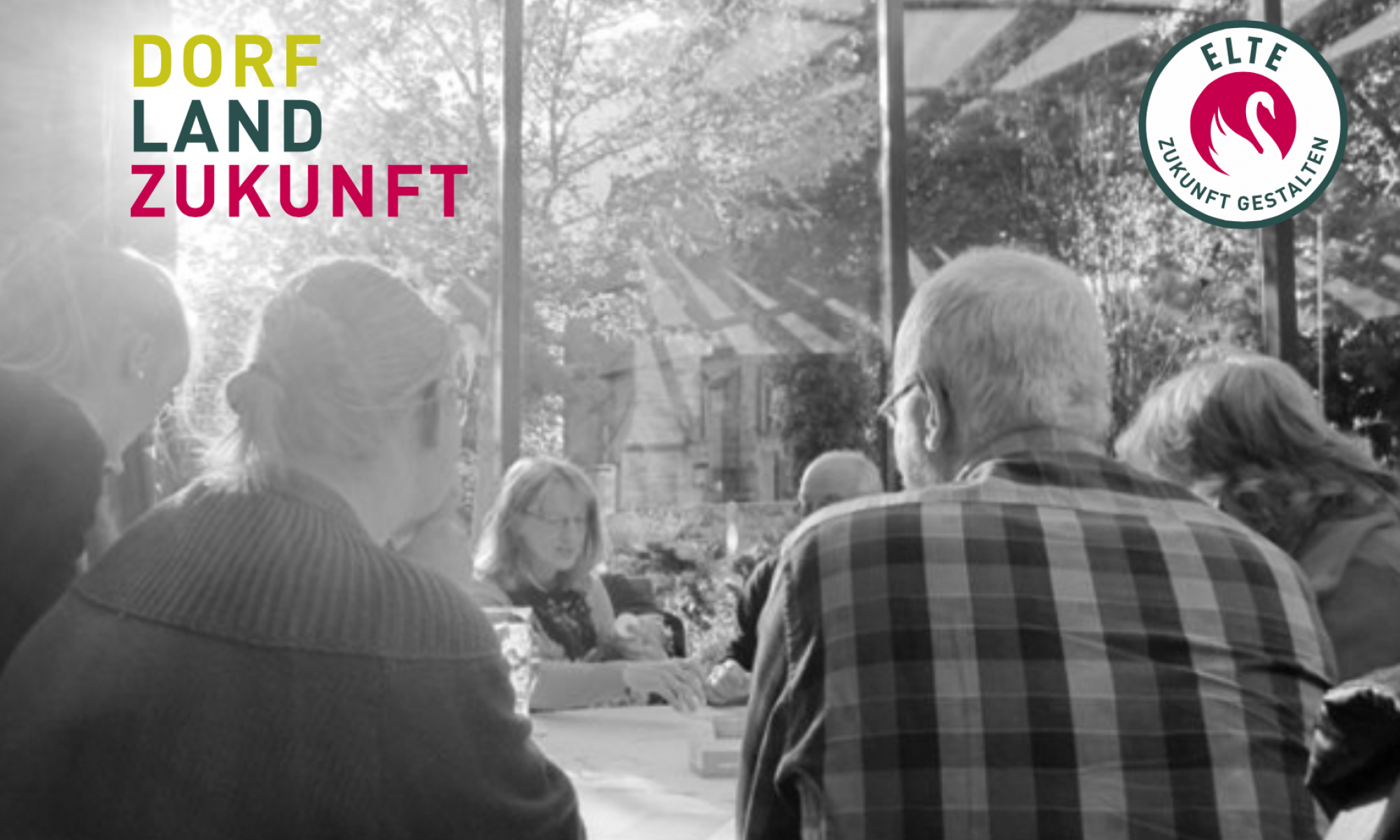Frank Wältring (Mesopartner) in conversation with Annachiara Scandone (UNIDO) , Project Leader of the Inclusive Green Growth Project Luxor and Qena governorates in Upper Egypt funded by SDC and the Italian Cooperation.
This written interview is a summarised version of the videocast and podcast:

Frank Wältring: Good morning, Annachiara. Nice to see you.
Annachiara Scandone: Good morning, Frank. Thanks for having me.
Frank: Let’s start by getting a brief overview of your project in Egypt. Could you tell us what the main focus is?
Annachiara: Sure. The Inclusive Green Growth in Egypt project (IGGE) is funded by the Swiss Agency for Development and Cooperation (SDC) and implemented by UNIDO – the United Nations Industrial Development Organization.
Together with SDC and the Italian Development Cooperation, the project aims to promote market system changes that create a better environment for green micro and small enterprises (MSEs).
Frank: Why is the circular economy particularly relevant in this context?
Annachiara: Egypt, like many countries in the region and beyond, faces significant resource scarcity. Resources are not only becoming scarcer but also increasingly expensive, while the population continues to grow, placing even more pressure on already limited resources.
In such a context, ensuring access to energy, water, and food becomes essential. Circular economy principles can help address these challenges by enabling new economic opportunities — for example, creating jobs and generating income, particularly in rural and urban areas — through the reuse of waste as a resource to develop new products and solutions.
Frank: That highlights the urgency well. What is the current focus of your project activities?
Annachiara: First, it’s important to understand that the circular economy consists of different cycles — biological and technical. In this project, we focus on the biological cycle, as we primarily work in rural areas where it is most relevant.
We aim to maximize the value of biological materials and residues, such as agricultural waste, agro-industrial byproducts, organic municipal waste, and even wastewater sludge.
We work with partners to turn these waste streams into economic opportunities. For instance, we support
- Primary producers who generate the waste,
- Entrepreneurs creating products from waste,
- Machinery providers for agri-waste recycling,
- Financial institutions to develop tailored financial products,
- Standard bodies to ensure new products can enter the market safely, and
- Government ministries to shape national strategies for a just green transition.
We also test and promote innovative technologies for bioutilization, pairing them with de-risking financial support to unlock further investments.
Frank: That sounds like an integrated approach — from business support to national policy development. What would you say are the main challenges in implementing such a strategy?
Figure 1: Summary of the IGGE project reflections (designed by Mesopartner based on the conversation)

Annachiara: I would point to two main challenges:
- Lack of access to data. Entrepreneurs need reliable information about waste streams — their locations, volumes, and characteristics — to make sound business decisions. Without it, building a viable circular business model becomes risky.
- Weak linkages among stakeholders. A systemic approach requires strong coordination across various actors with complementary roles. Often, these connections are weak or missing, which limits the potential for integrated solutions.
Frank: I imagine building those connections and fostering communication is a big part of your work.
Annachiara: Absolutely. Creating partnerships and fostering dialogue between public and private actors — whether local or national — is central. Over time, our partners come to see the value of collaboration and begin to carry it forward in their everyday work. These relationships are crucial to sustaining change.
Frank: Based on your experience, what two or three recommendations would you give to colleagues working on circular economy within private sector development projects?
Annachiara:
First, adopt an integrated, systemic approach. Don’t focus only on one aspect, like technology or policy. The most effective interventions take the whole system into account — and the results prove it. Second, design locally tailored solutions. Circular economy models must be adapted to the local context’s specific conditions, capacities, and needs. One-size-fits-all does not work here. And third, shift attention upstream. Many initiatives focus on waste, which is important, but it’s already the end of the process. We need more work on product design — creating goods that are easier to reuse, repair, or recycle — so that fewer resources are used in the first place.
Frank: Very insightful, Annachiara. Thank you for sharing your experiences. I’m sure others will benefit from them — and may even reach out with more questions.
Annachiara: My pleasure, Frank. Thank you for the opportunity and the enjoyable conversation.
If you have further questions to the project, please contact Annachiara: A.SCANDONE@unido.org .
An IGGE project report from UNIDO can be find here.
